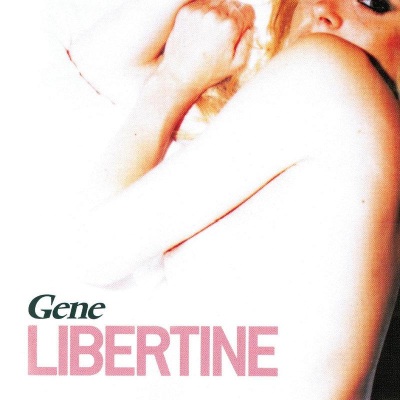
Libertine
by Jack Rabid, The Big TakeoverThough not quite back to the high plane of their first two monumental albums, Libertine is an improvement over 1999's Revelations. Producer Hugh Jones (who really should be knighted by now) has corrected the rare small botch he made of Revelations, restoring the dollops of shiny radiance and vigor. If the band still seems more world-weary than in their beginnings, when their songs were hung on greater exuberance, Libertine is still the most soulful record since Ken Stringfellow's Touched. And whereas Revelations' most emotional, astounding song came too late for many, at the finale, this time the three that break 1,000 hearts -- the sort of wildly emotive feeling this band gives at its best -- mostly come at the onset. The first, the seven-minute epic opener "Does He Have a Name," features the pungent rage and helplessness of a left-behind lover contemplating his ex's next. Likewise, the five-minute soundtrack-spectrum single "Is It Over?" backtracks to the sticky endgame of that deteriorating romance. The last of this terrific trio, another tearjerker that could shake a happy man to his knees, is the closing "Somewhere in the World," which remains as poignant as on 2000's live LP, Rising for Sunset. What lies in the valley betwixt these mountains? Namely, a greater predilection to classic '60s soul influences in a modern, post-Smiths pop context than listeners have seen previously. There's a few lesser songs that don't rate, but the more up-tempo tracks -- like the nimble bounce of "Walking in the Shadows" and the late-period Jam-ish "Yours for the Taking" -- are spry winners, and the eerie, desperate "Spy in the Clubs" is the sort of haunting, worried beauty that was once Gene's staple. Libertine is the sort of LP that is rarely made by anyone anymore: one that engages every ounce of empathy one possesses. [The U.S. edition appends three bonus tracks: "Let Me Move On," "With Love in Mind," and "From Georgia to Osaka."]
